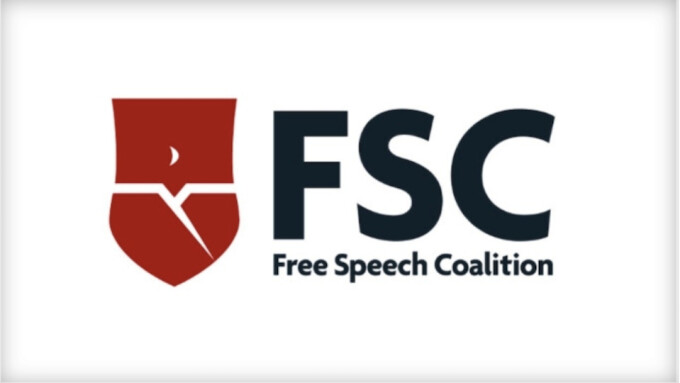WASHINGTON — The Free Speech Coalition has co-signed a letter drafted by the American Civil Liberties Union that questions the U.S. Senate’s controversial renewal of PATRIOT Act provisions that would allow the U.S. government to spy on people’s online search and browsing histories without probable cause.
The letter was co-signed by over 50 prominent groups, including the NAACP, FreedomWorks, PEN America and the Union of Concerned Scientists.
This is the text of the groups’ letter to U.S. House of Representatives leadership, which is currently considering the legislation after it passed the Senate last week:
Coalition Letter to House Leadership Concerning Wyden-Daines Amendment to USA FREEDOM Reauthorization Act
On May 13, a bipartisan majority of 59 Senators — 24 Republicans and 35 Democrats — voted in support of the Wyden-Daines amendment to H.R. 6172, the USA FREEDOM Reauthorization Act of 2020. Though two more Democratic Senators supported the measure, one being a cosponsor, they were unable to be present for the vote.
Thankfully, support for the underlying policy is now abundantly clear, both within Congress and among the public: the FBI should not be allowed to use the PATRIOT Act to surveil Americans’ online activity without a warrant. Internet search and browsing history is extremely revealing in nature and the Fourth Amendment requires a warrant to obtain this information. As the Supreme Court in Riley noted, “An Internet search and browsing history, for example, can be found on an Internet-enabled phone and could reveal an individual's private interests or concerns — perhaps a search for certain symptoms of disease, coupled with frequent visits to WebMD.”
1. Section 215 was never intended to allow the government to collect such information, and the Wyden-Daines amendment would make this prohibition crystal clear. Given the government’s failure to disclose whether it believes it can collect this information under Section 215 already, the bright-line rule reflected in the Wyden-Daines amendment is sorely needed.
Accordingly, we urge you to only move H.R. 6172 with the inclusion of the Wyden-Daines amendment, or to provide an opportunity to vote on the amendment on the floor. This is particularly critical because, unlike the Senate, members of the House were denied any opportunity to debate amendments to cure the deficiencies in H.R. 6172. Additionally, reports released since House passage of H.R. 6172 have revealed additional surveillance abuses, which further underscore the need for additional reforms.
2. After H.R. 6172 moved through the House without the opportunity to amend it or cure its defects, and after both of its original sponsors announced support for more significant privacy reforms, 136 members voted against the measure. 65 Republicans, 70 Democrats, and 1 Independent voted against it because it failed to sufficiently protect privacy. Therefore, with the Wyden-Daines amendment, it is likely that the USA FREEDOM Reauthorization Act would pass with more support than before. This would be a welcome moment of bipartisan agreement, in defense of all Americans’ liberties, during a trying period in our history.
This reform is precisely designed to stave off the kind of scandals that led to a dramatic loss of trust in United States intelligence agencies over the past two decades.
Indeed, this would help address serious concerns among the public that civil liberties are at a heightened risk during this time of crisis. This is an acute concern for the many groups that the FBI has wrongfully targeted in the past, including activists, communities of color, and the press.
With ample support for this measure secured in the Senate, the decision to seize this moment in defense of Americans’ civil liberties is exclusively in your hands.
The letter concluded with the full list of signatories.







